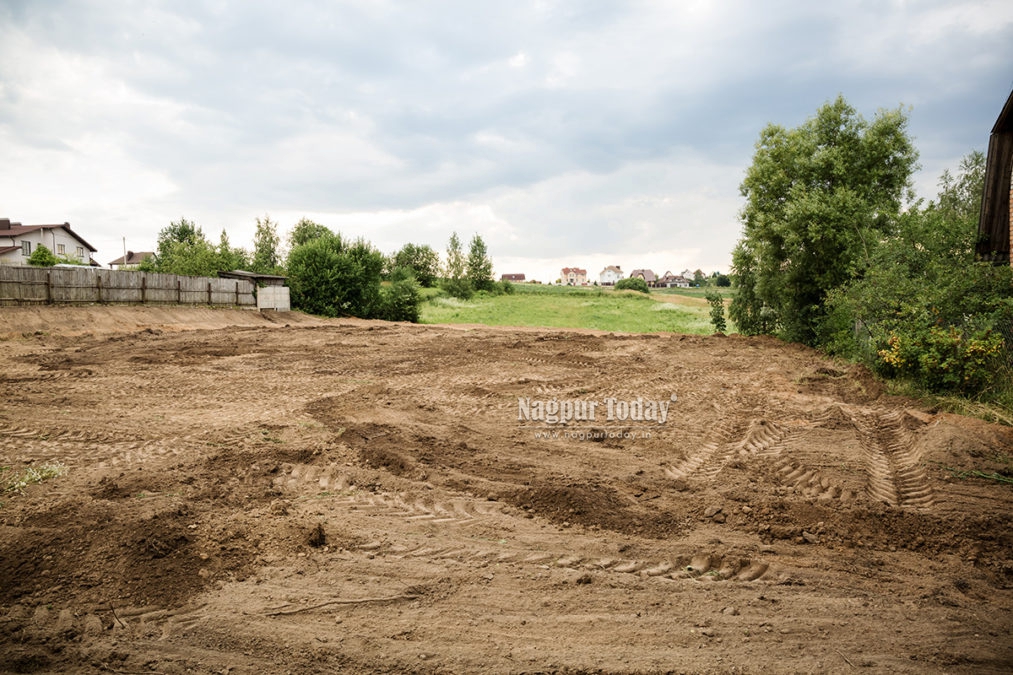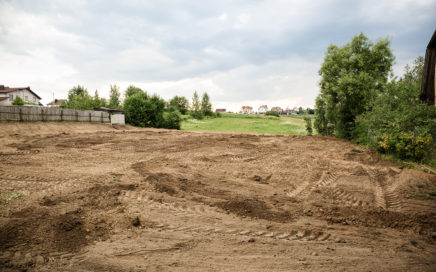Nagpur: The Nagpur Bench of the High Court has dismissed a review petition filed by Madhyuz and others, who sought ownership rights over a 1.13-hectare parcel of land located in Survey No. 116/1 in Shankarpur, Nagpur district. The petitioners challenged the revenue registration made under the Urban Land Ceiling (ULC) Act and requested to be declared the sole owners of the land. They also sought a review of the oral order passed by the High Court on September 5, 2024.
After a prolonged hearing, the High Court rejected the review plea. The petitioners, represented by their legal counsel, argued that while dismissing the original writ petition, the court had failed to consider that the land was approved for non-agricultural (NA) use under Section 20 of the ULC Act.
Petitioners Cited Non-Agricultural Conversion and Cancellation
The petitioners stated that the land had been converted to non-agricultural use on September 26, 2006, but this order was later cancelled on March 17, 2010. As a result, the development scheme approved under Section 20 of the ULC Act on July 31, 2006, could not be implemented.
They further claimed that the High Court erred in applying the judgment from the Maharashtra Chamber of Housing Industry vs. State of Maharashtra & Others case, as the facts of that case were not analogous to theirs. They argued that the state had never taken possession of the land and that no notice had been issued under Section 20 for implementation of the approved scheme.
Argument on Retention Order and Relief Entitlement
The petitioners’ lawyer maintained that once a retention order is passed under the approved scheme, the land is deemed to be released in favor of the landowner. They further contended that the extension granted for scheme implementation allowed the sale of plots within the specified timeframe, making them eligible for relief.
However, the state opposed the review plea, stating that the grounds cited were tantamount to introducing an entirely new case, which is not permissible at the stage of review. The arguments presented were also a repetition of the points already considered during the original writ petition hearing.
After considering both sides, the High Court ruled that there was no ground for review and dismissed the application.
















